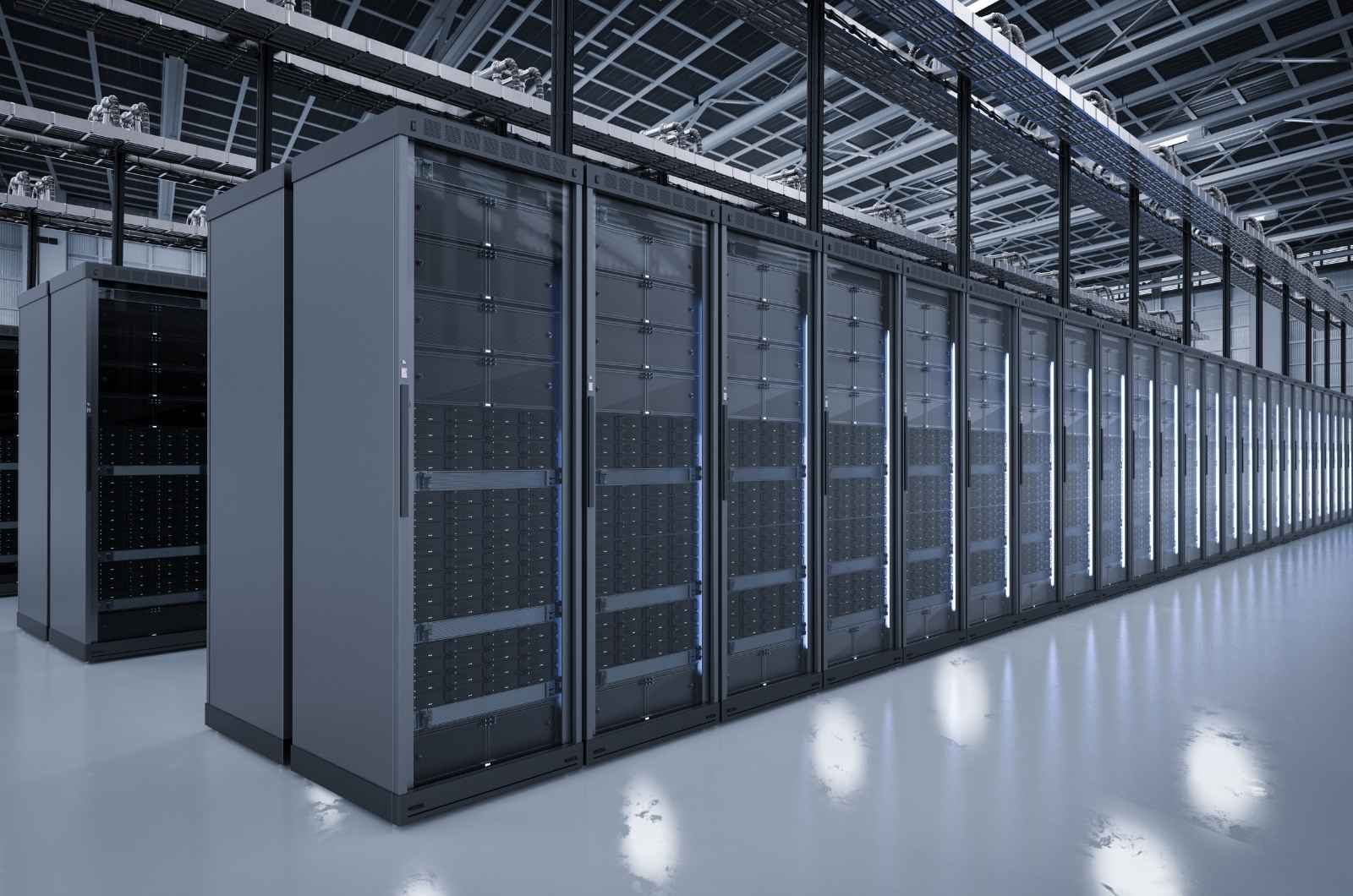As dawn breaks across the globe, a silent surge powers on—the computers of the world awaken. This ubiquitous ritual, replicated millions of times over, marks a modern dependency on technology that we seldom pause to consider. But there is a hidden cost to this digital convenience: the immense power consumption of our PCs and its footprint on our planet. A cost that not only weighs heavy on the environment but also on our finances. Have you ever stopped to ponder the magnitude of energy drawn into every keystroke and mouse click? This article peels back the veil on the computer's unspoken thirst for power and spotlights the urgency to harmonize technological advancement with ecological and fiscal responsibility.
In the age where data is the new gold and processor speeds are ceaselessly pursued, it is time to recalibrate our focus. Here, we unravel the tapestry of PC power consumption’s worldwide impact—its hidden environmental repercussions, the stealthy drain on our wallets, and, importantly, the strategies primed to contain this sprawling energy appetite. Awareness is the first step to transformation, and in a world racing towards a sustainable future, every watt saved is a stride towards preservations of resources—empowering not just our devices, but the earth and economy as well.
Introduction to PC Power Consumption Worldwide
In an era where digital technology reigns supreme, the power consumption of personal computers (PCs) has surged to the forefront of global energy concerns. With billions of people now reliant on these devices for work, education, and personal endeavors, the collective demand for energy has escalated phenomenally. PCs, once a luxury, have become a staple feature in homes and workplaces, leaving a significant imprint on our planet's resources. It is paramount we tackle this challenge head-on, not only to mitigate the environmental toll but also to ease the financial burden it places on economies worldwide. As we proceed to delve deeper into this topic, let us bear in mind the profound implications that reducing the environmental and financial impact of PC power consumption can have on our world.
The Environmental Impact of PC Power Consumption
The silent buzz of computers worldwide marks more than just technological advancement; it symbolizes a burgeoning environmental concern. As we tether ourselves ever closer to the digital realm, our collective PC power consumption escalates, leaving an indelible mark on our planet's health. Electricity that powers our computers originates predominantly from fossil fuels, and this dependency translates into significant carbon emissions—a substantial player in the global climate change narrative. Every email sent, every query searched, and every virtual meeting held accumulates into a vast, often overlooked carbon footprint.
Moreover, the relentless demand for energy to sustain our computing needs places an undue strain on our natural resources. Each kilowatt-hour devoured by PCs contributes to this strain, reinforcing the urgent call for a paradigm shift toward sustainability. We are inextricably linked to our environment, and as we delve deeper into the forthcoming sections, we'll explore not only the fiscal repercussions but also the transformative strategies essential for mitigating the impacts of PC power consumption worldwide.
The Financial Impact of PC Power Consumption
In today's economic landscape, where every shekel counts, understanding the financial burden of PC power consumption is imperative. For households and enterprises across Israel, computers are indispensable, yet they silently siphon financial resources through energy costs. Office buildings brimming with workstations, data centers, and the ubiquitous home PCs contribute significantly to utility bills, a strain felt more acutely with each uptick on the energy price index.
From a macroeconomic perspective, the national energy consumption weighs on government expenditures, influencing fiscal policies and possibly leading to an increase in energy taxes. However, it's not all doom and gloom. The silver lining lies in the enormous potential for cost savings. Embracing energy efficiency not only trims down expenses but also paves the way for a leaner, more sustainable economic model. Encouraging the adoption of power-efficient PCs could lead to substantial savings, driving financial gains for individuals and businesses alike.
Strategies to Reduce PC Power Consumption Worldwide
The clock is ticking on both our environmental and financial resources, making it imperative to implement robust strategies to curtail PC power consumption globally. Embracing energy-efficient hardware is a cornerstone in this effort, encouraging users to opt for devices certified by environmental standards that promise low power usage. Moreover, properly configuring power management settings on PCs can significantly contribute to energy savings. For instance, setting computers to enter sleep mode during periods of inactivity can cut energy use dramatically.
Another key strategy is the promotion of virtualization and cloud computing services. These technologies can lead to substantial decreases in the number of physical machines required, thereby reducing overall power demands. Such practices, coupled with smart usage habits like turning off peripherals when not in use, can create a ripple effect towards sustainability. This concerted effort also requires policy reinforcement from local and international governments, stimulating a culture of efficiency and conservation that echoes the discussion raised in the introduction about the importance of reducing PC power consumption.
click here for more info: pc power management_powerplug

